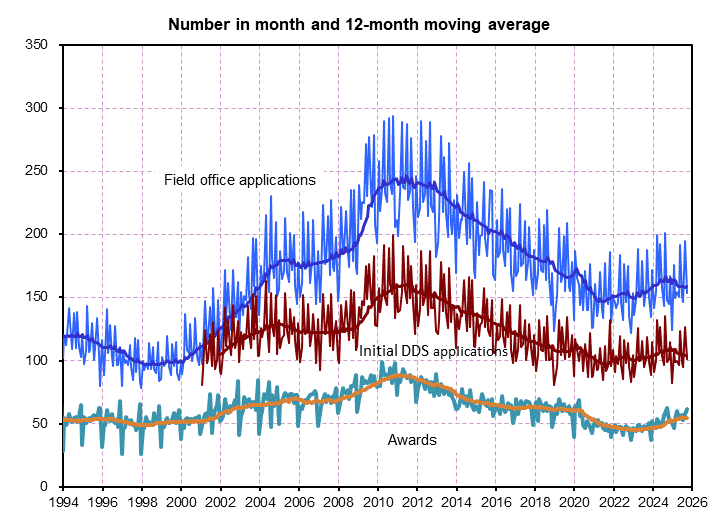My firm has gotten two or three decisions supposedly issued by Social Security on December 25, 2019. I'd call that a dead giveaway that the dates that the agency puts on decisions are at best an approximation of the date they're actually mailed. I don't think anyone but a few security guards and computer people were working at Social Security that day and no one could have mailed a decision because the mail doesn't run on Christmas day.
I think this has to do with centralized printing and mailing. My guess is that the people actually making the decisions just put artificial dates on them assuming they'll be printed and mailed within, let's say, three days after they're ready to go out. Maybe the system does this automatically. Sometimes the printing and mailing people get it out on that date. Sometimes they get it out earlier; sometimes later. Who cares? Claimants have a fixed length of time to file appeals based upon when a decision is mailed. When it comes to appeal rights Social Security takes the dates on its decisions quite literally when it shouldn't
Why is it that centralized printing and mailing is a good thing anyway?
